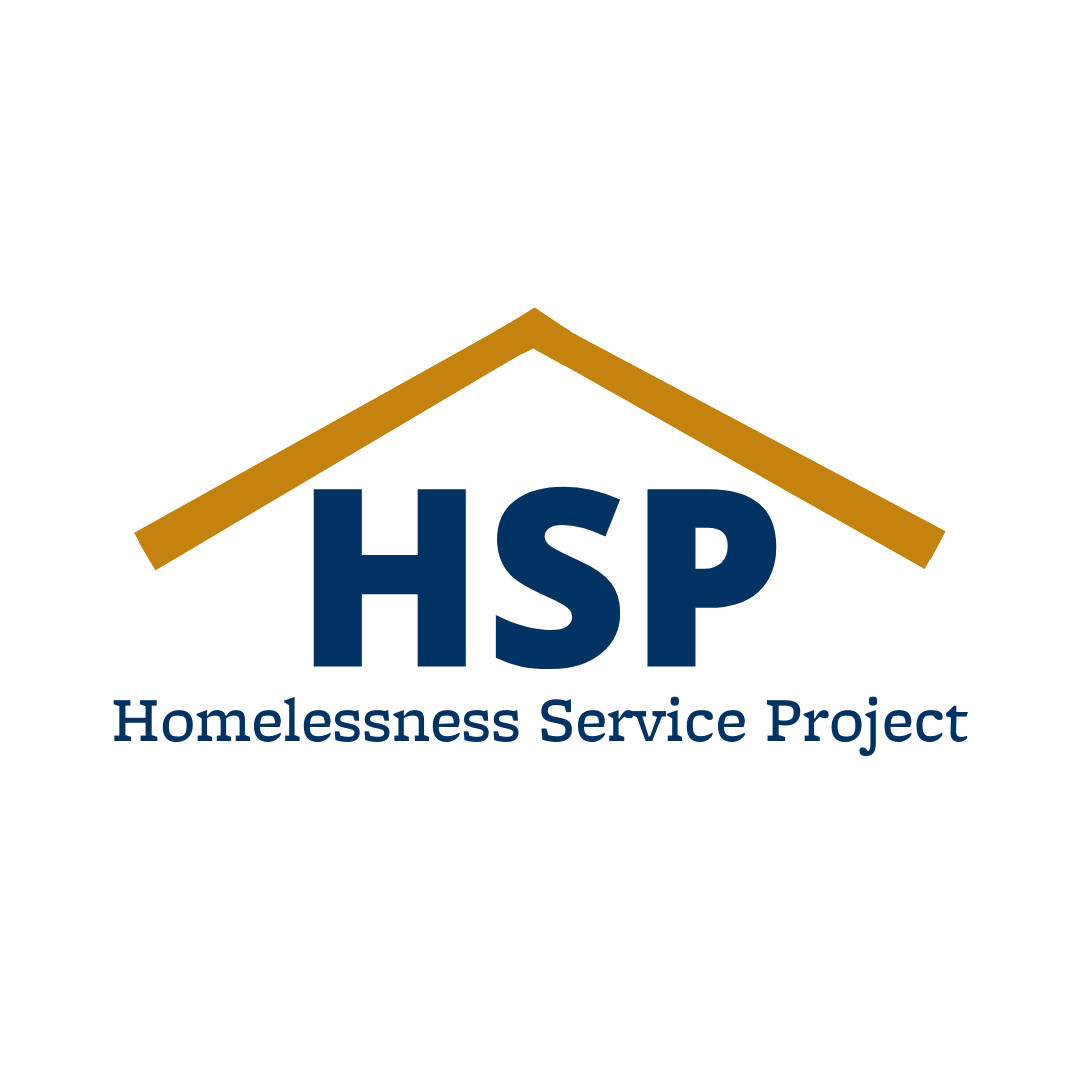Homelessness has long been ubiquitous in California, especially the Bay Area. The struggles that our unhoused neighbors face are both obvious for all people to see, and woefully misunderstood and ignored. Too often, it is easy to fall into a pattern of viewing homelessness as a personal tragedy, rather than a systemic issue that requires legal advocacy, systems change, and an urgent fight for justice. Berkeley Law’s Homelessness Service Project (HSP) seeks to address the wide variety of challenges facing unhoused residents of California, as well as help educate and prepare the next generation of attorneys to take on this fight.
Unhoused Californians struggle to obtain legal services. Scarce financial resources, social stigma, and practical difficulties in transportation and communication mean that lawyers are often hesitant to engage unhoused Californians as clients. Unhoused Californians often rely on local non-profits for meaningful legal assistance. These nonprofits provide basic legal advice, essential services, and drive impact litigation on behalf of the unhoused population of the Bay Area. The legal issues involved in advocating for the unhoused community and for an end to homelessness are multifaceted and intertwined, ranging from public benefits, to property rights, to criminalization. HSP seeks to train students to understand these complex issues and respond with empathy, dignity, and vigorous advocacy.
Research
- This year, we are planning a research project in collaboration with the National Vehicle Residency Collective and Professor Laura Riley. Students will research local ordinances governing unhoused individuals living in their cars, draft model ordinances, and propose better policies.
Homelessness Action Center (HAC)
- We have the valuable opportunity to shadow staff at the HAC office and can accompany them during their drop-in shifts.
Supervision: Students will provide legal services under the supervision of attorneys from the Homeless Action Center in Berkeley, California and UC Berkeley School of Law Clinical Program.
Time Commitment: We have meetings at least once a month during the lunch hour and additional training sessions at the beginning of each semester. The level of time commitment varies based on which projects you choose to get involved with, the level of dedication of the student, and the availability of the student.
HSP meetings will be held monthly and scheduled based on member availability. Research will have mandatory check-in meetings, but will be scheduled based on availability.
For more information, please contact the student leaders at HSPProBono@berkeley.edu.
